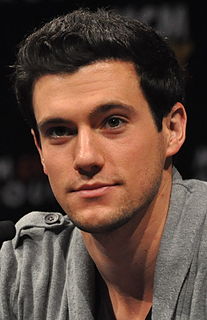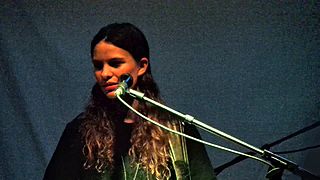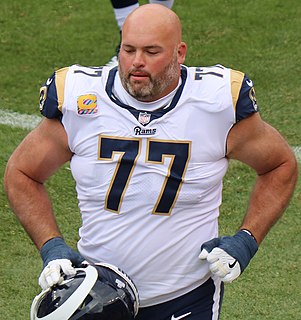A Quote by Victoria Aveyard
My writing could be the most beautiful or important piece of prose, but it means nothing if it's boring, if people aren't listening or reading. I think transporting someone, putting them in a story for a few hours, taking them out of their worlds, is what I always strive to do.
Related Quotes
I think of my success as a kind of fluke. How else could I possibly think of it? And although it's a banal thing to say, I wrote my book because I was writing my book. At first I didn't know I was writing it, and one of the amazing things that happened as I was putting sentences down on paper is that some of the things that are most sacred and important to me rose to the surface of the prose.
In my opinion, visual effects are great when it compliments a good story, and action is great when it compliments a good story, but just to have them for the sake of having them, it gets a little boring, especially if you're talking a TV series. At least with a movie that's an hour and a half to two hours, you see it and you're impressed, and then you're out. With a series, if it's only that, week after week after week, there's nothing there to bring you back. You have to get invested in the characters and care about them and want to follow them.
It might be helping to explore a story visually by going to see a museum exhibit that's relevant to something that somebody's reading, or going to see a show or listening to a piece of music or cooking a meal that's in one of the stories, something practical, something kinesthetic that draws the reader in and helps them to experience the story for themselves. Those are all ways I think we can kind of come in the back door and help kids find the joy, as opposed to the chore or responsibility, of reading.
In a very real way, one writes a story to find out what happens in it. Before it is written it sits in the mind like a piece of overheard gossip or a bit of intriguing tattle. The story process is like taking up such a piece of gossip, hunting down the people actually involved, questioning them, finding out what really occurred, and visiting pertinent locations. As with gossip, you can't be too surprised if important things turn up that were left out of the first-heard version entirely; or if points initially made much of turn out to have been distorted, or simply not to have happened at all.
I do think that the imagination you create yourself when you're reading, to create the tone and the accent of the world, is an individual accomplishment that someone is imposing upon you by listening to them read it. Because you're listening to their interpretation, and their emphasis would probably be different from the one that your brain makes while you're reading it.

































